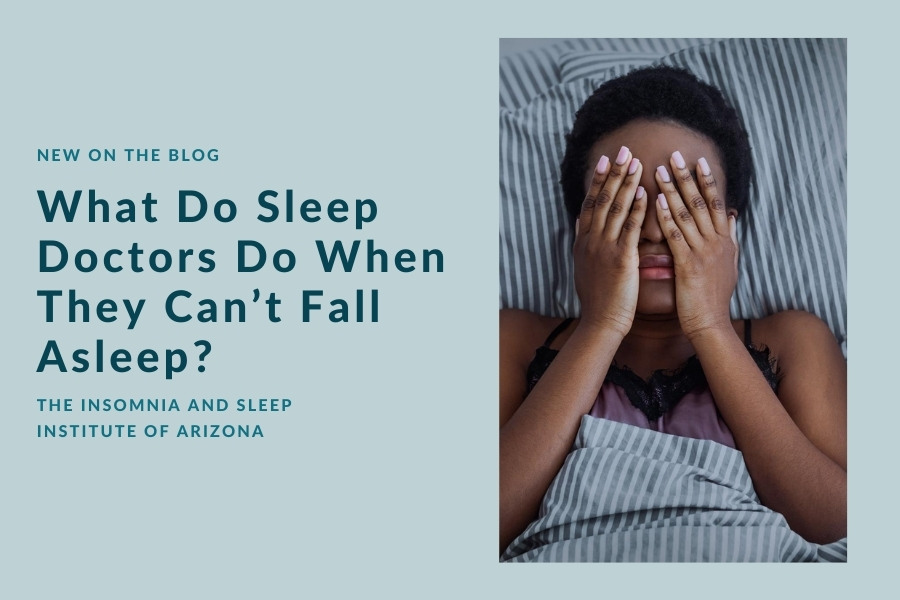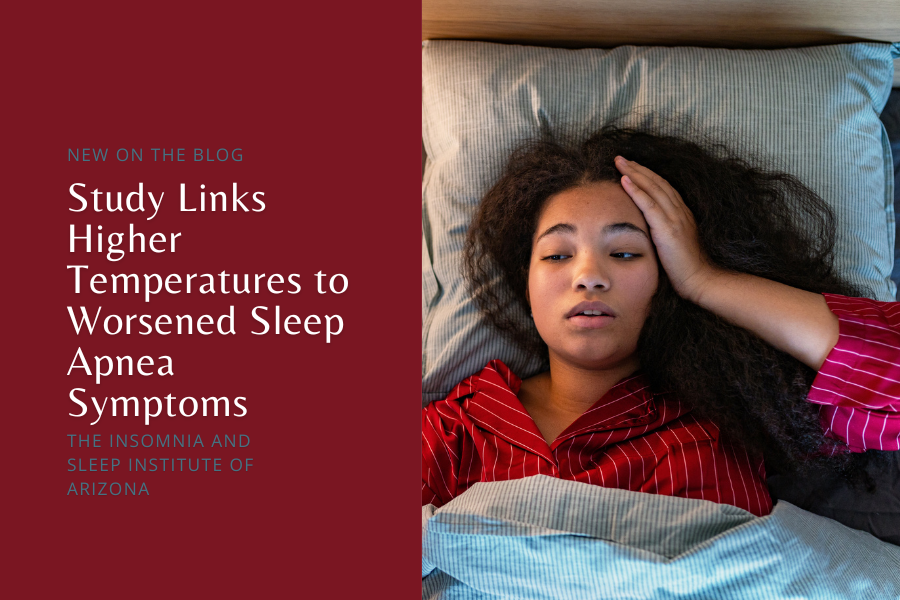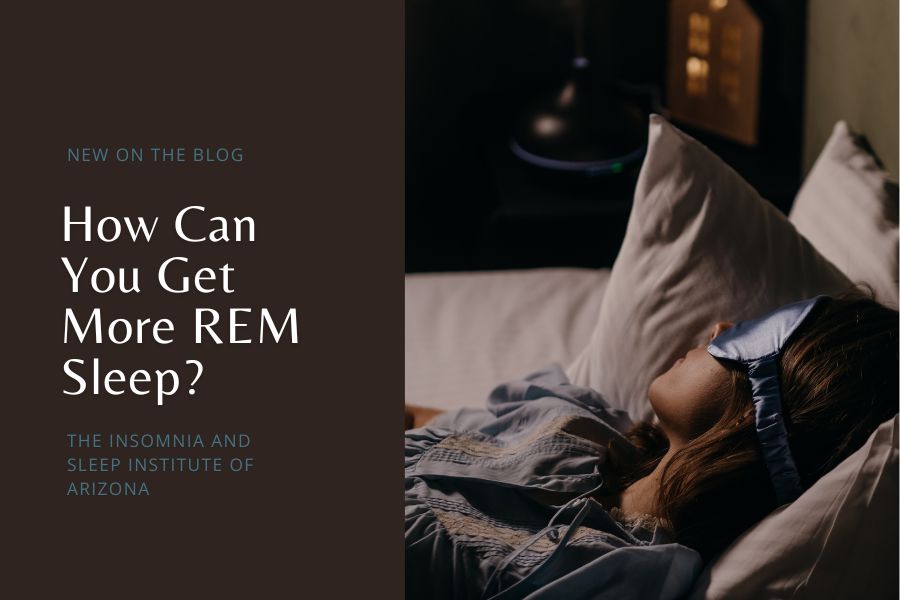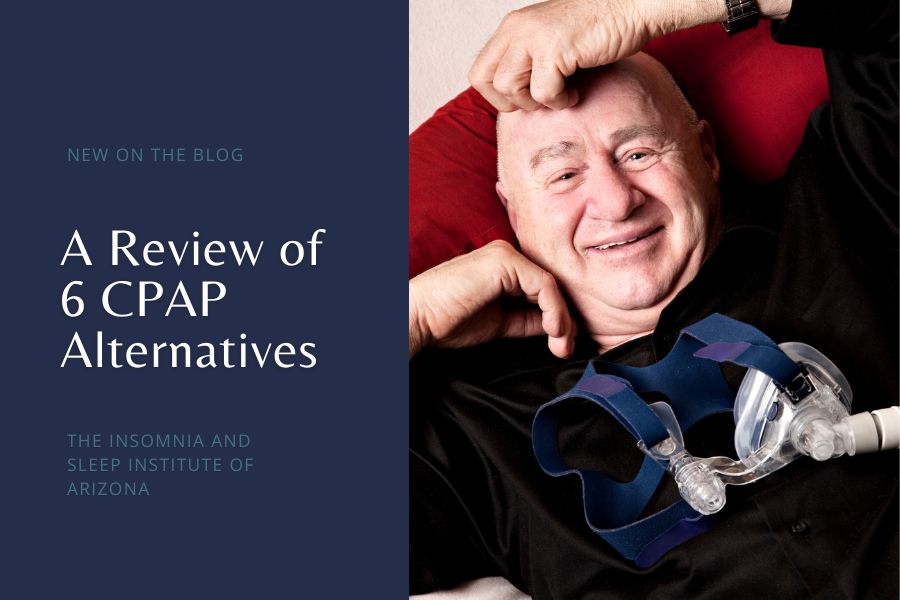Some sleep doctors enter this specialty field because they have a personal connection to sleep disorders—and some develop these disorders during their medical training or practice. Being a sleep expert does not make one immune to sleep disorders, but it does equip them with the knowledge and tools necessary to quickly address such problems. The Insomnia and Sleep Institute of Arizona is where you’ll find unprecedented staffing levels such as the “Top Doc” in the area for the past six straight years, a physician assistant with a Masters in Sleep, two clinical psychologists concentrating on cognitive behavioral therapy (CBT) for insomnia, respiratory therapists, and nurse practitioners trained in sleep medicine.
At The Insomnia and Sleep Institute, we are driven by outcomes—and that means starting with a correct diagnosis. Every consultation is only with sleep specialists who are able to diagnose sleep disorders and guide the next steps of testing and treatment. We are recognized as the Face of Sleep Medicine in the Phoenix area, setting the standard throughout Arizona. Still, what happens when a sleep specialist struggles to go to sleep, stay asleep, and get quality sleep? The same thing that happens to the patients we treat: they get the best care possible.
Sleep Specialists on Sleep Disorders
Most people will struggle with some type of sleep disorder throughout their lifetime, even if it is temporary (such as jet lag). The first step a sleep doctor will take when struggling to fall asleep is to consider whether or not professional help is necessary. If you have trouble falling asleep or wake up in the middle of the night after an international flight, that’s probably not a reason to see a sleep specialist (since you know the cause and it is likely acute). However, if you routinely wake up at night, struggle to fall asleep, feel inexplicably fatigued many days out of the week, or have what seems to be an unusual sleep schedule, you may benefit from seeing a sleep specialist.
One of the most common types of sleep disorders is insomnia. It can affect people of all ages, which is why The Insomnia and Sleep Institute treats patients as young as two. Chronic lack of sleep, or sleep deprivation, can lead to a host of mental, physical, and emotional issues. This can be dangerous (you’ve likely heard that driving sleepy is akin to driving drunk), and for children, it can negatively affect their growth and development. Everyone is unique in the exact amount of high-quality sleep they need per night, but if you or your child fall far outside standard timeframes, it’s time to see a sleep expert.
Sleep Apnea and Other Sleep Struggles
Another common condition that can also affect adults and children is sleep apnea. Obstructive sleep apnea (OSA) is the most common and is most often treated with CPAP therapy. However, a correct diagnosis is a must before treatment can begin, and who better to undertake this task than a sleep specialist. It can be difficult to know if you have OSA since the most obvious symptoms (temporarily stopping to breathe) occurs when you are not lucid. It is a bit easier for a parent or bedmate to notice signs of OSA at night. The Insomnia and Sleep Institute also offers implants to treat OSA in cases where CPAP therapy has failed.
However, what if you don’t have insomnia, sleep apnea, or another condition but simply struggle to fall or stay asleep from time to time? Consumer Reports revealed that 27 percent of adults in the country report having trouble falling or staying asleep on most nights, with 68 percent challenged when it comes to sleep at least once per week. Dr. Ruchir P. Patel, medical director of The Insomnia and Sleep Institute, told HuffPost that “the more you stress about your sleep, the less it will return back towards normal.” In other words, stressing about struggling to fall asleep leads to a vicious cycle.
Getting the Sleep You Need
Adopting good sleep hygiene is something most people can improve upon, such as keeping your phone and other electronics out of your bedroom (an old-fashioned battery-operated alarm clock works just fine for waking up). Regular exercise, at least 20 minutes per day, can also help with sleep. CBT-I and mindfulness training can also help, making sure that you see your bedroom and bed as a place of peace and comfort rather than a stressful space.
Avoiding high carb meals, caffeine, sugar, and taking medication (prescription or over the counter) to sleep can also help you get the sleep you need. However, if you do suspect a sleep disorder, the quicker you act the faster you can get relief. Contact The Insomnia and Sleep Institute today by calling the office or, for the fastest connection, simply complete the online form.








